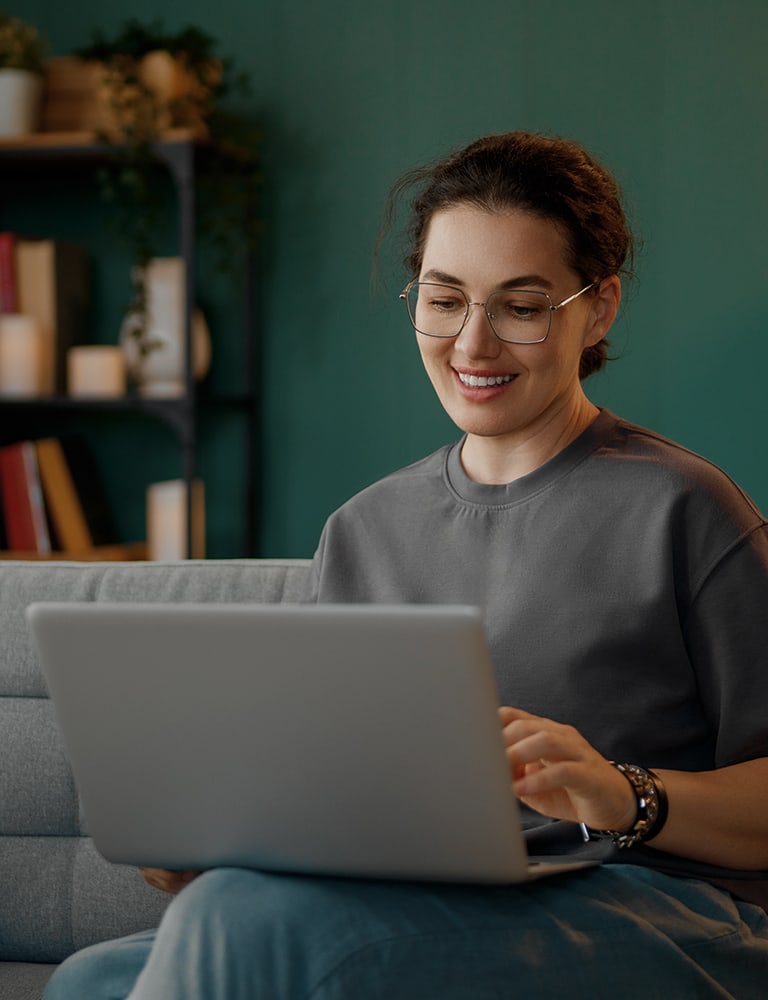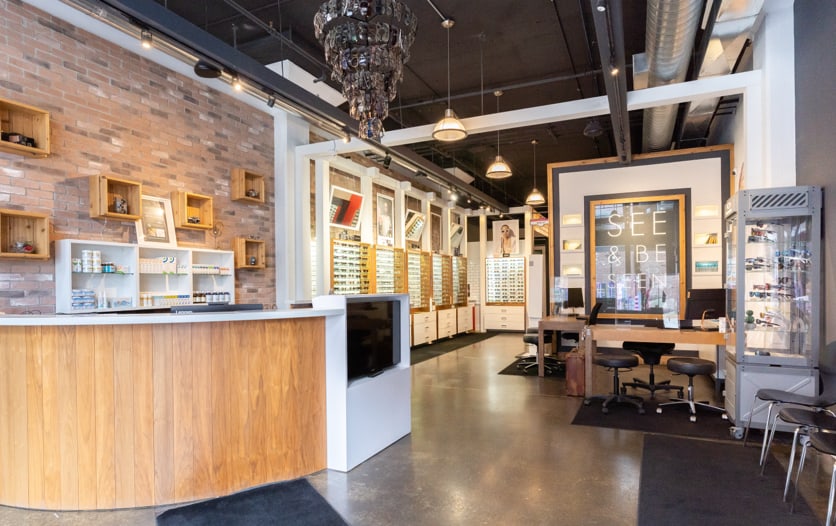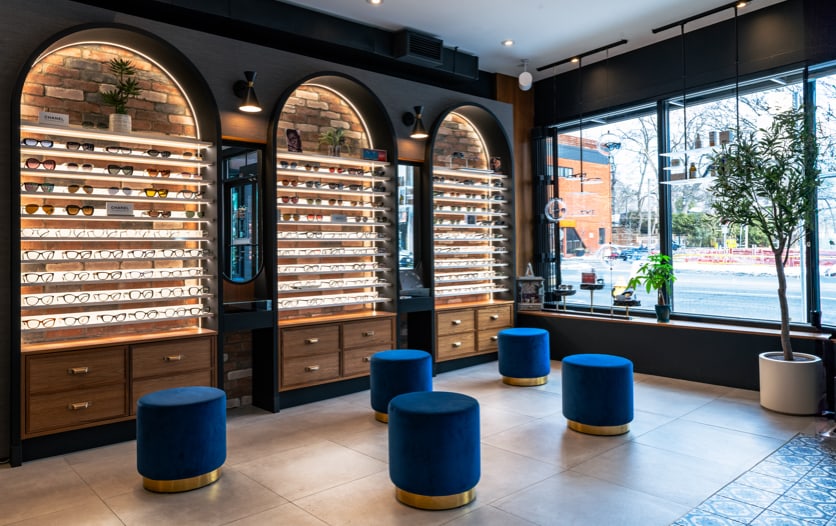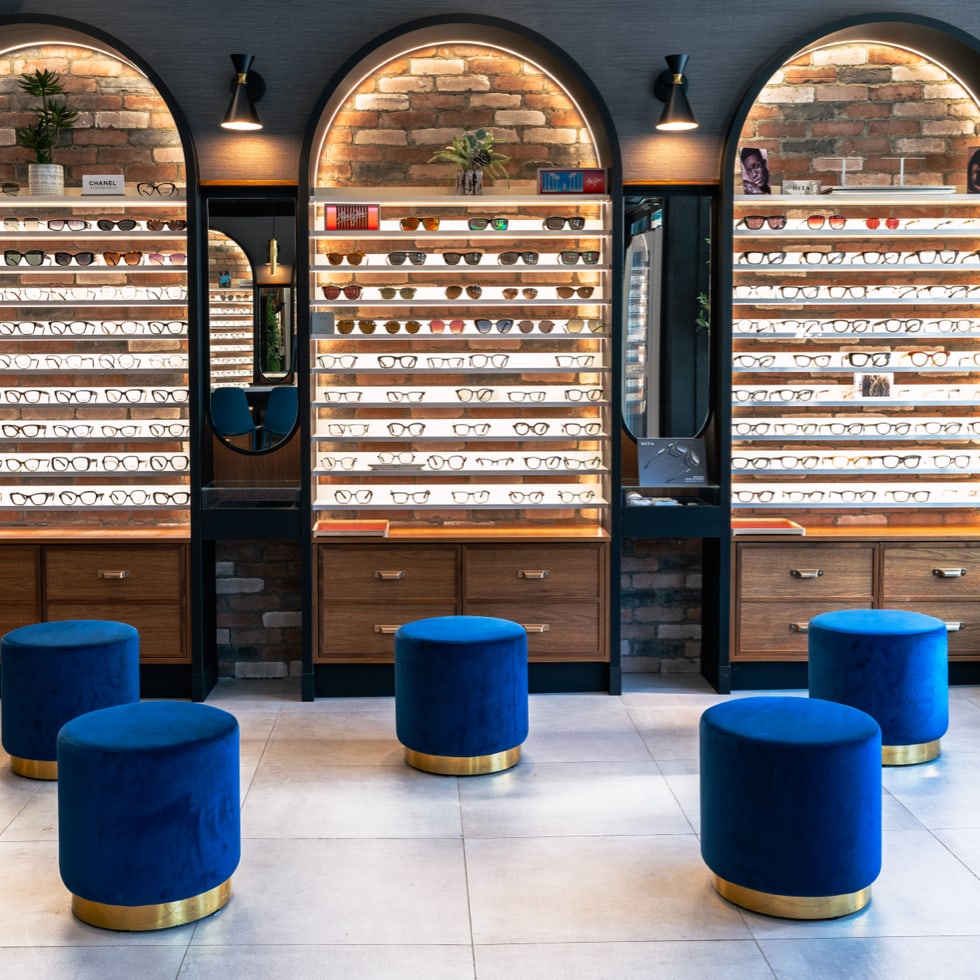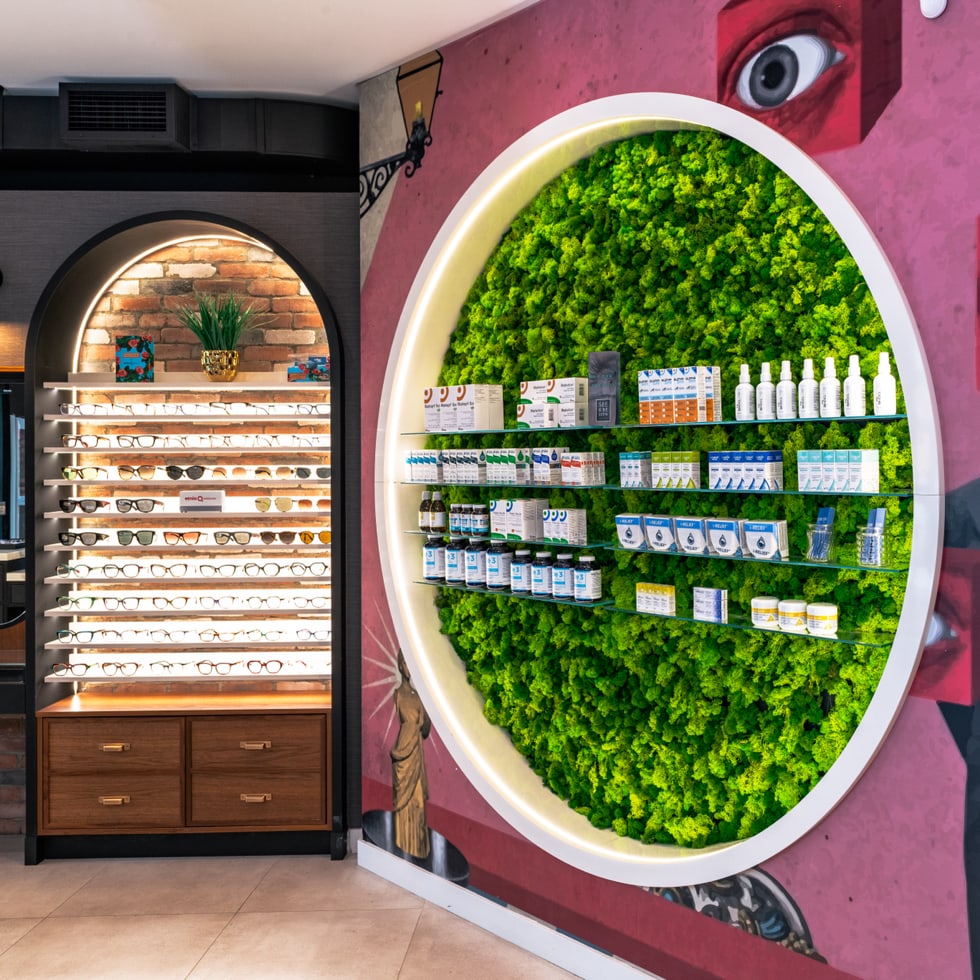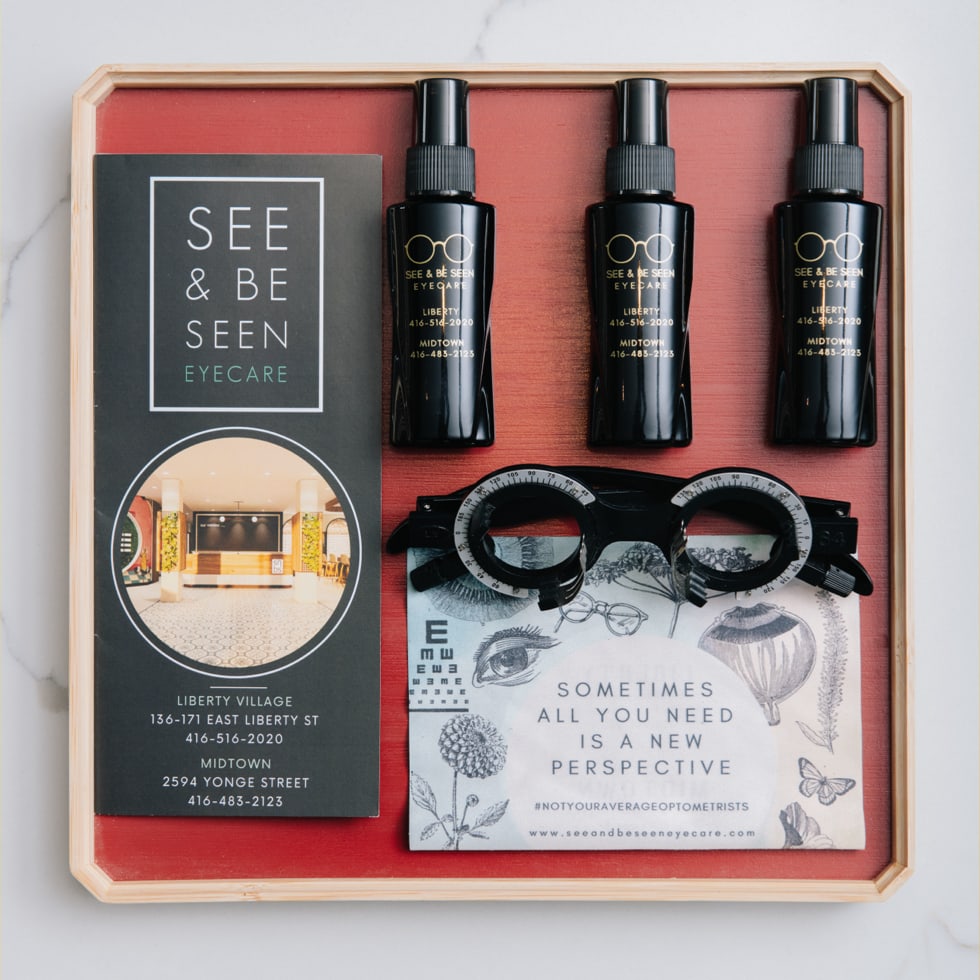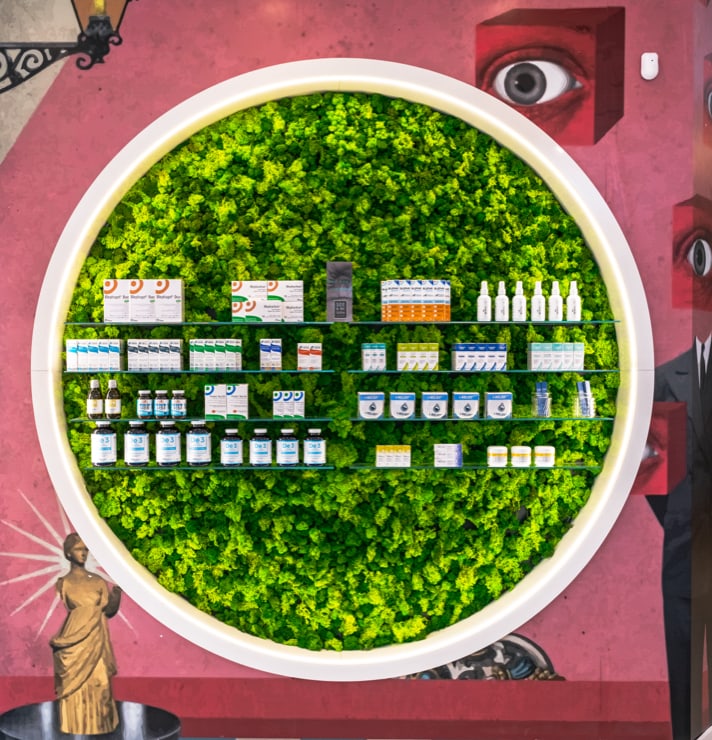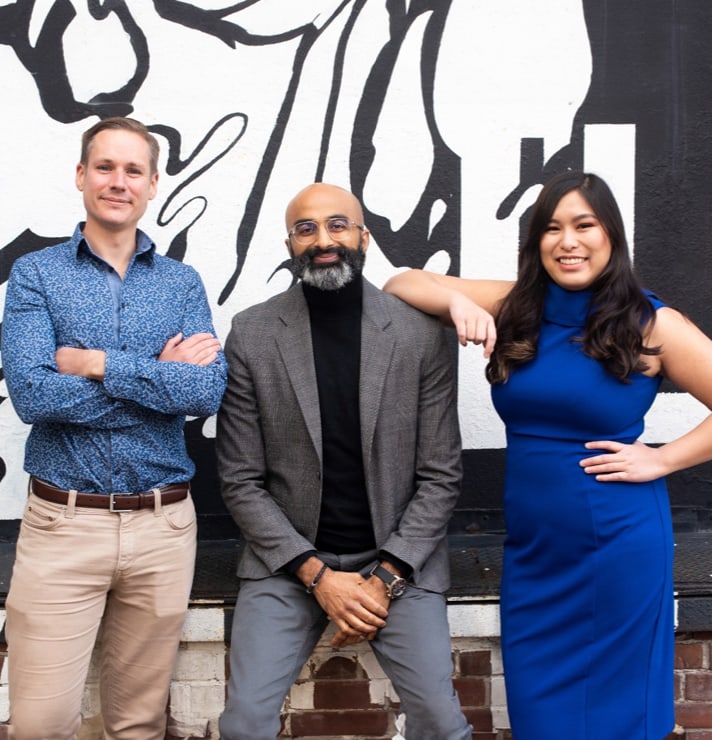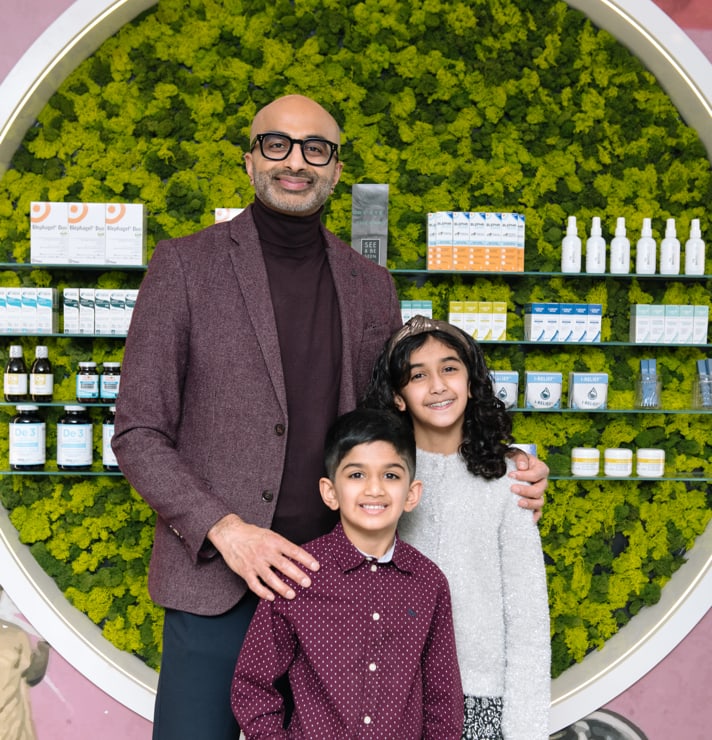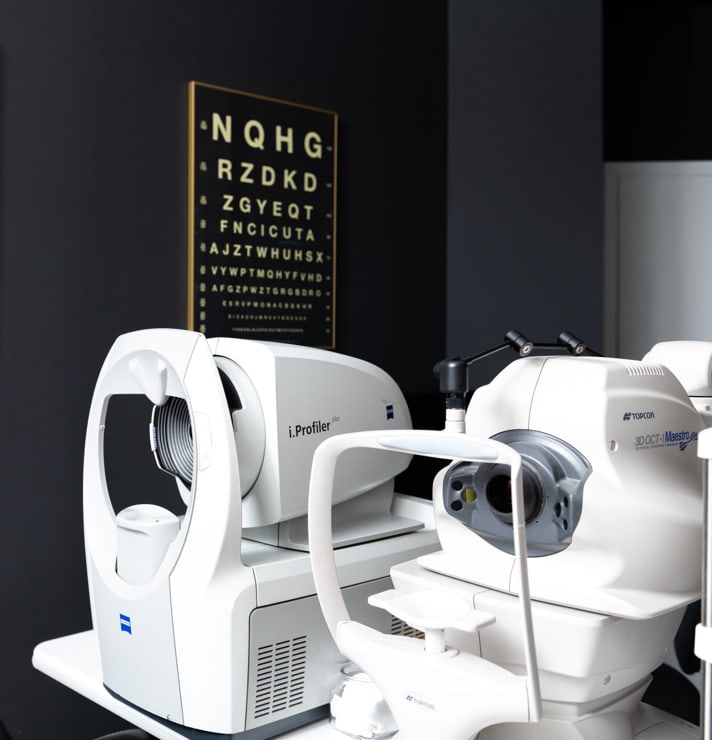Between Zoom meetings, ordering groceries online, Instagram videos, Face Time, checking the Canadian coronavirus map, endless chats with friends over Messenger, digital symptom trackers, and, of course, bingeing Tiger King, screen time is at an all-time high.
Digital media has emerged as a hero in the covid-19 pandemic, since it’s making remote work possible and social media platforms now provide a lifeline to those of us who feel isolated. But if you do both, as I do, that’s a lot of screen time, even before I start streaming The Plot Against America (must-watch, by the way). Since I’m already nearsighted, I wondered if this lockdown was going to do permanent damage.
I asked Dr. Ritesh Patel, Optometrist at Toronto’s See and Be Seen Eyecare , for a little advice, starting with some straight talk about how much screen time is too much. Apparently, anything over two or three hours is considered too much. Whoops.
“Whether that’s realistic or not is a different story,” says Patel. “So for people spending more time in front of screens, we try to recommend something called 20-20-20, which means that every 20 minutes you should give your eyes a 20-second break by looking 20 feet away, which allows you to refocus your eyes.”
And, thanks to the hand-washing regimen we’ve all recently learned, we should know how long 20 seconds really is—two Happy Birthday songs; the break from “Kiss Off” by the Violent Femmes, or the chorus to Dolly Parton’s “Jolene.” Your choice.
Taking a 20-second breather to look out the window may not seem like the most important part of our new regimen that sees us take measures to avoid the novel coronavirus, avoid transmitting it to others, quell the rising tides of anxiety and find some way to stay physically active in our small spaces, but protecting our vision is an important piece too. It’s more than just the worry that we’ll all be getting new prescriptions, since too much blue UV light, which is emitted from our screens, can cause other problems.
“The devices can cause strain on your eyes, fatigue and, potentially, headaches but they also impact other things such as sleeping patterns,” Patel explains. “So, if you’re using your phone before you go to sleep, your brain is tricked into thinking it’s daytime instead of night time so your sleeping patterns are, of course, impacted as well which has an effect on cholesterol, diabetes and high blood pressure. It’s a bigger picture and a systemic issue as well.”
Patel advises cutting off the screens two hours before bed. I asked him if that included Netflix and, sadly, it does. Although he did say that, if the TV was far away, it was at least less damaging than staring right into tablets and laptops close-up.
